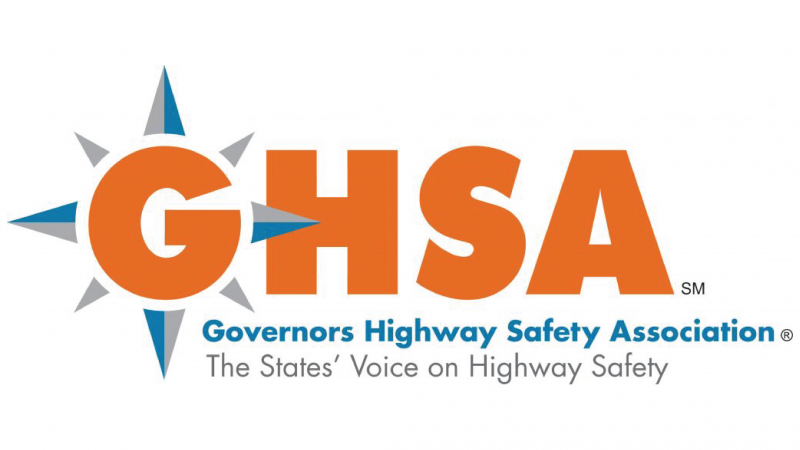Motorcyclists Reluctant to Wear High-Visibility Gear
New Findings Suggest How to Increase Acceptance
WASHINGTON, D.C. – As part of the National Cooperative Research and Evaluation Program (NCREP), the National Highway Traffic Safety Administration (NHTSA) has released a report examining why motorcycle riders choose to wear – or not wear – high-visibility gear and what can be done to encourage greater use rates.
Motorcyclists are far overrepresented in traffic fatalities, with more than 5,000 riders dying in crashes each year. Many of these tragedies are attributed to a motor vehicle driver not seeing the motorcyclists, making rider visibility paramount to safety.
Motorcyclists’ Attitudes on Using High-Visibility Gear to Improve Conspicuity: Findings From a Focus Group Study reports most participants did not regularly wear such gear. Those who did wear the ideal safety gear explained their decision was based on having been in a crash with a motor vehicle or personally knowing another rider who had been affected.
Participants recommended increasing the acceptance of high-visibility gear among motorcyclists through: more attractive and appealing clothing (with preference for retroreflective gear over bright colors); high-visibility elements being universally incorporated across all branded motorcycle gear; clear educational messaging backed by statistics; financial incentives such as insurance discounts; and gradual social norming, such as encouraging use during low-light conditions.
GHSA member State Highway Safety Offices (SHSOs) are concerned about motorcyclist safety and working hard to reduce the number of crashes, injuries and fatalities involving them. Understanding why riders do or don’t wear high-visibility gear will assist SHSOs in their messaging and outreach to the motorcyclist community.
NCREP is a portfolio of research projects jointly managed by NHTSA and GHSA. The research topics are selected by SHSOs to help inform state policy, planning and programs on top traffic safety issues. Learn more about GHSA research priorities here.
Released on July 16, 2019
Contact: Kara Macek, 202-789-0944
